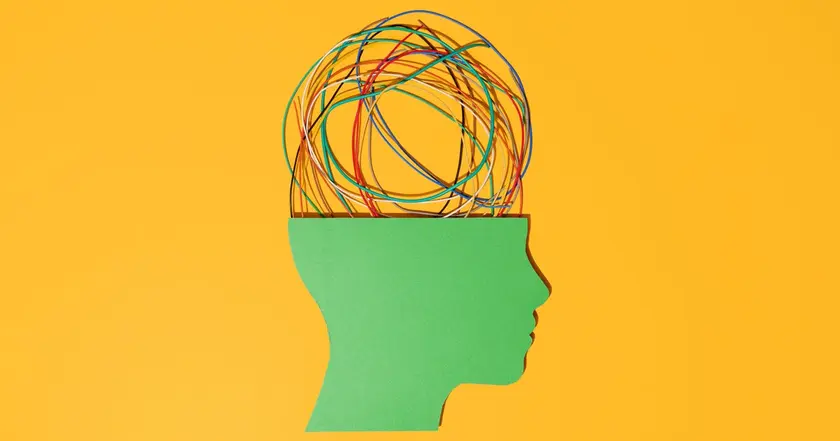T4K3.news
Raising Awareness of High-Functioning Depression
Experts stress the importance of recognizing high-functioning depression to provide better support.

Awareness is crucial as high-functioning depression often remains unnoticed.
Understanding High-Functioning Depression and Its Hidden Signs
High-functioning depression describes individuals who manage daily responsibilities despite experiencing significant depressive symptoms. This condition, while not a formal diagnosis, was highlighted in a recent TikTok video by psychologist Dr. Julie Smith, which garnered over 2 million views. She emphasized that many people do not recognize their struggles because they still go to work and carry out their daily tasks. Symptoms of this condition include persistent sadness, a lack of joy despite positive events, and emotional detachment. Therapy and support are essential for those facing this hidden battle, even if they appear to maintain normal lives.
Key Takeaways
"Depression doesn’t start the day you can’t get out of bed."
Dr. Smith highlights that depression builds up over time, rather than appearing overnight.
"Many people have a pre-conceived idea that good mental health is all about whether you can still get to work or not."
This statement emphasizes the misconceptions about mental health functioning.
"High functioning depression is less 'obvious' than other types of depression."
Rachael Heades discusses how this condition can be overlooked by both individuals and professionals.
High-functioning depression raises important considerations about how society views mental health. Many believe that visible signs of distress are the only indicators of a serious issue. This mindset can lead to a lack of support for individuals who, although they meet daily expectations, are quietly suffering. The insights from experts underscore the need for a broader understanding of mental health conditions. Public awareness and a shift in attitudes could foster a more compassionate and supportive environment for those dealing with emotional challenges.
Highlights
- High-functioning is not the same as happy or healthy.
- Just because you can function doesn't mean you're okay.
- Many suffer in silence while fulfilling life’s demands.
- Awareness can change how we support mental health.
Recognition and Support Challenges
High-functioning depression may go unnoticed, leading to lack of appropriate support. Misconceptions about mental health hinder recognition and can cause individuals to feel undeserving of help.
A greater understanding of mental health can help in identifying those who silently struggle with their emotions.
Enjoyed this? Let your friends know!
Related News

Daily Habits May Raise Dementia Risk

Man faces £150,000 in medical costs after Lyme disease diagnosis

New research reveals dementia risks for autistic individuals

Seven supplements to avoid in hot weather

US tariff rates reach highest level since 1930s

New cardiology recommendations aim to lower heart disease

Murder linked to cannabis highlights safety concerns

Caffeine intake linked to health benefits and risks
